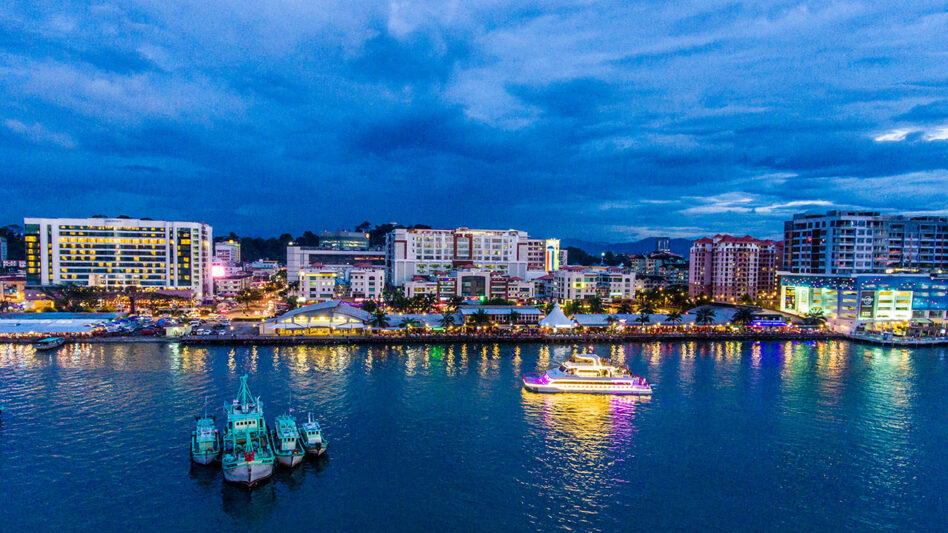MALAYSIA, the world’s second largest palm oil producer, has agreed to accept a European Union proposal to set two separate limits on the presence of food processing contaminant 3-MCPD in edible oils and fats, according to a letter reviewed by Reuters.
The European Food Safety Authority has said the 3-monochloropropane diol, or 3-MCPD esters, in refined vegetable oils raise potential health concerns. It has proposed imposing one safety level for palm and another for soft oils derived from crops such as soybean, canola and sunflower.
The Council of Palm Oil Producing Countries (CPOPC) that includes Malaysia and top producer Indonesia had early last year pushed for one single level of 3-MCPD at 2.5 ppm (contaminants in milligrams per kilo of oil) for all vegetable oil.
But Malaysia’s new government, which took office last month, has written to Indonesia warning that non-palm vegetable oil producers may instead push for an even lower level that many palm oil companies would not be able to meet.
“There is a high possibility that our request for one level for all types of vegetable oils and fats to be set at a level of 2.5 ppm would be questioned by other vegetable industry players,” Malaysia’s Ministry of Plantation Industries and Commodities (MPIC) wrote in the letter dated April 17.
“Nothing will stop them from requesting for it to be set at one level of 1.25 ppm, the level that can be met by their oils and fats industry.”
The letter said there was a need to “rescind our previous position and accept the recommendation set by the European Union to have two separate levels of 3-MCPD”. It urged Indonesia to also agree to the proposal.
Musdhalifah Machmud, deputy for food and agriculture coordination at Indonesia’s Coordinating Ministry of Economic Affairs, confirmed that Malaysia had sent such a letter to them. She did not answer a question on Indonesia’s position on the matter.
The MPIC did not respond to queries from Reuters.
Malaysia’s previous government had said the country would be able to lower the 3-MCPD level to 2.5 ppm by next year.
An official at a Malaysian refinery said having two standards instead of the 2.5 ppm level for all oils would create an impression that “palm oil has lower quality and is inferior to soft oils”. He declined to be named.
Indonesia and Malaysia, which together produce 85% of the world’s palm oil, previously accused the EU of unfairly targeting palm oil, calling the new food safety levels a “trade barrier”. – April 24, 2020, Reuters









